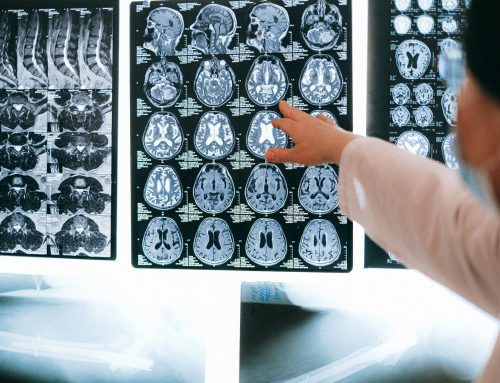The DSM is a guide that many clinicians use to diagnose. The DSM lists approximately 300 disorders, including Attention-Deficit/Hyperactivity Disorder (ADHD). The disorders vary by symptoms and the age when the disorders are most likely to occur. One set of symptoms that can be a sign of several different mental health disorders is difficulties with attention and concentration. Since these issues can be a sign of several different disorders, a person experiencing problems with attention and concentration should not be automatically diagnosed with ADHD. Below are several examples of attention-impairing disorders that are not ADHD.
- Anxiety: Individuals with anxiety often have a very active brain, in which they have many worried thoughts that can seem to rush through their minds quickly. Individuals with anxiety may also have difficulty being present in the moment because they are thinking about “what ifs” or bad things that can happen. With all these thoughts, it can be difficult to concentrate on the task at hand or keep your attention from wandering to worried thoughts.
- Posttraumatic Stress Disorder (PTSD): Like anxiety, PTSD can cause many distracting thoughts. Individuals with PTSD may be focused on certain aspects of their environment and monitor for threats to their safety, which can take their attention away from other tasks. At times, individuals with PTSD can experience dissociation (being disconnected from reality) or flashbacks (memories of the trauma), both of which take their attention away from immediate focus.
- Depression: In depression, an individual’s mental resources are often very low due to a lack of energy and fatigue. As such, it can be hard to have enough mental effort to concentrate and keep one’s attention. Additionally, depressed individuals may be distracted by negative thoughts, such as feelings of worthlessness, which can also impair concentration.
- Stress: Though not a DSM diagnosis, stress can impact people in different and sometimes severe ways. Like depression, stress can drain one’s mental resources, and like anxiety, it can cause many distracting thoughts. Further, stress often comes when one has “too much on their plate,” which can make it difficult to keep organized and focused.
- Psychosis: Though much less frequent than anxiety and depression, psychosis can also impair attention and concentration due to the interference of hallucinations and distorted thoughts.
- Other Cognitive Issue: Following a brain injury or other neurological trauma, attention and concentration can be impaired, particularly if damage occurred in the frontal lobe.
In conclusion, having problems with attention and concentration could be a sign of a variety of issues. Treatment for each is quite different, so it is important to have an accurate diagnosis. Be sure to choose a professional who is experienced in diagnosing and well-versed in mental health disorders.






